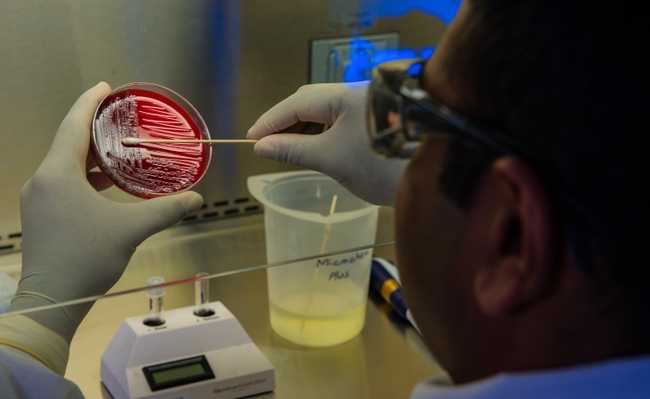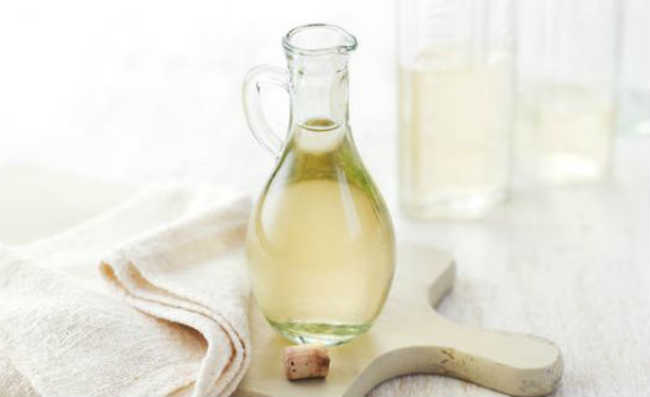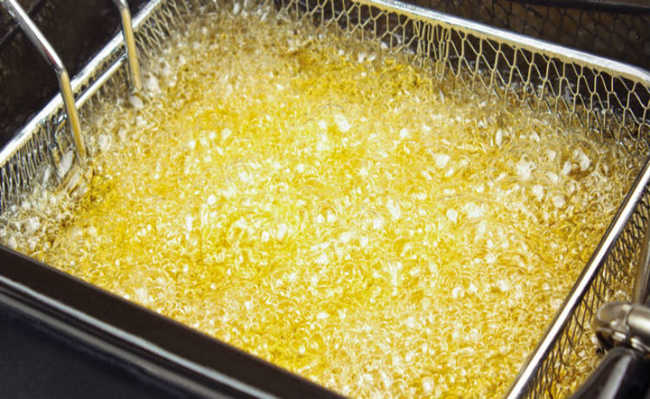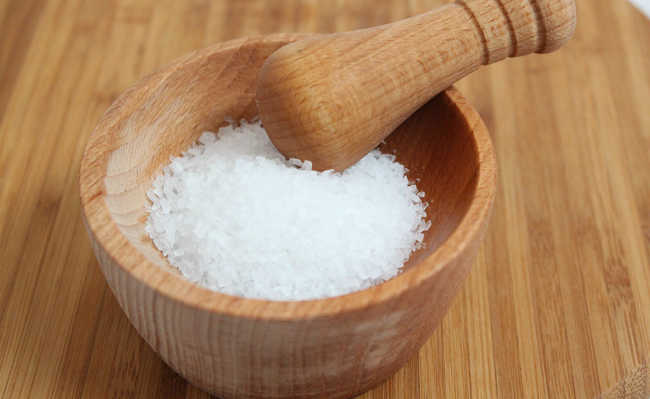What is propolis extract, what is it for and alternatives
Propolis is a natural hormone produced exclusively by plants, but it is essential for the defense of bees

Propolis is a word of Greek origin pro (defense) + polis (city), which probably refers to the "defense of the city" (in this case, hive) of bees. It is a natural hormone produced by plants formed by resinous and balsamic material , being found in branches, flowers, pollen and shoots, being essential for the defense of plants against fungi and bacteria. Some people mistakenly believe that it is produced by bees, but the truth is that these beings only collect it to use in the care of the hive.
- The importance of bees to life on the planet
Propolis and the extract made from it, called "propolis extract" have antimicrobial, antifungal, antiprotozoal, antioxidant and antiviral properties (see here a review of studies about it: 1).
- Knowing propolis: understand how production occurs and its importance for bees
- Propolis fights skin diseases in dogs and other pets
Famous since Ancient Egypt, propolis was also known to Romans, Greeks and Incas. Its properties are being widely studied around the world until today and we can find the product in different forms, with capsules, candies, powder, propolis tincture (diluted in water or alcohol, to soften the flavor) and also as propolis extract (plus version concentrate of the product).
As commercialized propolis is normally extracted from bee hives, there may be differences in chemical composition, flavor, color and aroma from one to the other, as bees diversify their sources of propolis.
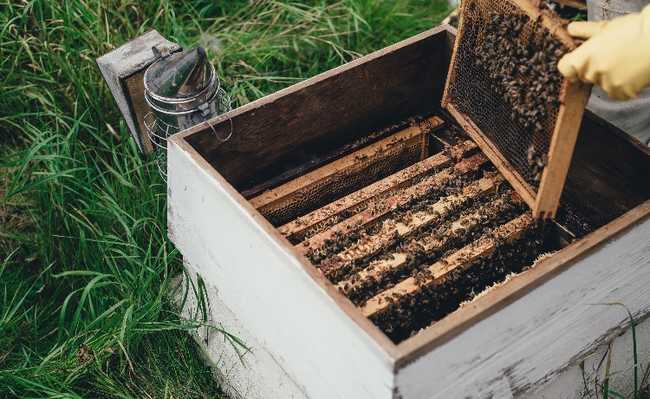
Edited and resized image of Annie Spratt, is available on Unsplash
what is it for
Famous for so long, even today there are properties of propolis being studied and the substance brings countless benefits to human beings. According to studies, the main benefits of propolis - which can be used through propolis extract - are as follows:
antibacterial effect
Flavonoids, together with some types of acids also present in propolis, damage the membrane or cell wall of bacteria and affect their structure and functioning, preventing their multiplication. Although not effective against all types of bacteria, propolis extract is regularly used by the population to prevent infections and relieve symptoms of sore throat, cough, gastritis, food poisoning, gum problems and thrush, as well as to prevent bacterial plaque and bad breath.
- Home remedy for cold sore: know ten options
- How to get rid of bad breath naturally
- Cough Home Remedy: Easy Recipes
antiviral effect
Chrysin and campferol-type flavonoids decreased the herpes virus replication rate, while cinnamic acid contained in propolis acted significantly on Influenza A (H1N1) virus. Other substances in propolis are being studied in different strains of viruses, including HIV.
antiprotozoan effect
Propolis prevented the growth of crops from the Trichomonas vaginalis, (causing STD Trichomoniasis) and also proved effective in combating giardia (parasite of the human digestive system that causes inflammation in the intestine), Toxoplasma gondii (causer of Toxoplasmosis) and trypanosoma cruzi (causer of Chagas disease).
antifungal effect
Propolis, combined with antifungal drugs, can be effective against some types of fungi. An example of its potential is its action against Trichophyton and Microsporum (skin blemishes) in combination with propylene glycol liquid.
Anti-inflammatory effect
The flavonoid called galangin prevents the formation of enzymes that cause reactions responsible for symptoms of inflammation and pain in humans. In addition, propolis stimulates cellular immunity and encourages the activity of destroying foreign bodies (phagocytic activity).
Antioxidant effect
The presence of free radicals in cells, resulting from oxidation reactions, can cause early cell death. This causes several diseases to develop, such as cardiovascular, rheumatic, neurological, diabetes and premature aging. The flavonoids present in propolis manage to eliminate these excess free radicals from our bodies.
healing effect
Flavonoids are also responsible for this property of propolis. The healing effect of propolis, also present in propolis extract, is linked to other benefits, such as the antioxidant action, which by removing free radicals allows the regeneration of cells and tissues, and the anti-inflammatory power of propolis, which promotes healing of the site by itself. For a long time, propolis was used in its raw form in wars, being passed directly over soldiers' wounds.
Immunomodulatory effect
The caffeic acid present in propolis increased the production of CD4 and CD8 (body defense cells) and specific antibodies in studies carried out with mice.
antineoplastic effect
Studies indicate the effectiveness of the propolis flavonoids in combating the dioxin substance, produced in the degradation of products that contain chlorine (such as plastics and herbicides). Dioxin is absorbed by humans through the food chain, as it is present in water, vegetables and, consequently, in animals that we feed on, and it promotes the formation of carcinogenic substances. In addition, several other propolis compounds have been isolated and used in studies that seek to prevent the growth of tumors.
unwanted effects
stained teeth
Consumption of propolis or propolis extract can stain teeth.
Risk for diabetics
The main risk of propolis, in its raw form, is related to the sugar content, which can be a risk for individuals with diabetes or prone to developing the disease.
Allergy
Propolis can cause allergy in some people, with symptoms such as swelling, redness, psoriasis dermatitis, itching or urticaria on the skin - in more sensitive people or with a history of allergy, it is ideal to drip two drops of propolis extract on the skin and wait around 30 minutes to see if any redness appears.
How to use propolis
For tissue regeneration, healing and pimples, apply one or two drops of propolis extract to the wound whenever you change the dressing or directly to the pimple four to five times a day. In case of respiratory problems, put a few drops of propolis extract in boiled water and inhale with the steam.
For sore throat, add four to five drops of propolis extract to a cup of water and use to make a gargle. This solution can be used several times a day as needed. In case of irritating cough or phlegm, flu, sinusitis and tonsillitis, put three to four drops of propolis extract in some tea. Take several times a day as needed.
vegan alternatives
Despite being produced by vegetables, the propolis used for human consumption is extracted from bee hives. According to a study, these sentient beings are capable of feeling pain, pleasure and fear. In addition, the pollination carried out by bees ensures high productivity and fruit quality.
According to the Food and Agriculture Organization of the United Nations (FAO - its acronym in English), 70% of food crops depend on bees. But their effectiveness doesn't stop there. By transporting pollen between plants, they ensure the important genetic variation of species for the balance of ecosystems and species reproduction. That is, without bees, we have no food on the table (whether vegetable or animal) and much less oxygen.
The bad news is that they are at risk of extinction, which would be catastrophic for humanity. Thus, there is a moral and socioeconomic debate around the use of products extracted from hives such as honey, wax, pollen, jelly and propolis - mainly by environmentalists and vegans.
The removal of propolis can increase the hive's vulnerability to attack by fungi, bacteria and other insects, increasing the risk of extinction of the bees.
But you can substitute propolis for some products with the same properties, or even better. Some examples are clove essential oil, tea tree essential oil, rosemary essential oil and peppermint essential oil.
You can make a mixture of one drop of each essential oil mixed in a glass of water and gargle to obtain superior properties against sore throat and infection, for example (never ingest) and still get protection for your teeth against tooth decay - different from propolis which causes stains and contains sugar. This alternative is still viable for diabetics. If you want to get a sweet taste for your gargle without harming your teeth, add a tablespoon of xylitol.
Before that, as with propolis, you need to test two drops of essential oil diluted in a tablespoon of carrier oil on the forearm to verify that there is no allergic reaction. If present, remove the essential oil with a vegetable oil.
You can still use dyes from Echinacea to treat colds and flu and tea tree tincture, to treat oral problems, mycoses and dermatitis (bacterial or fungal).


